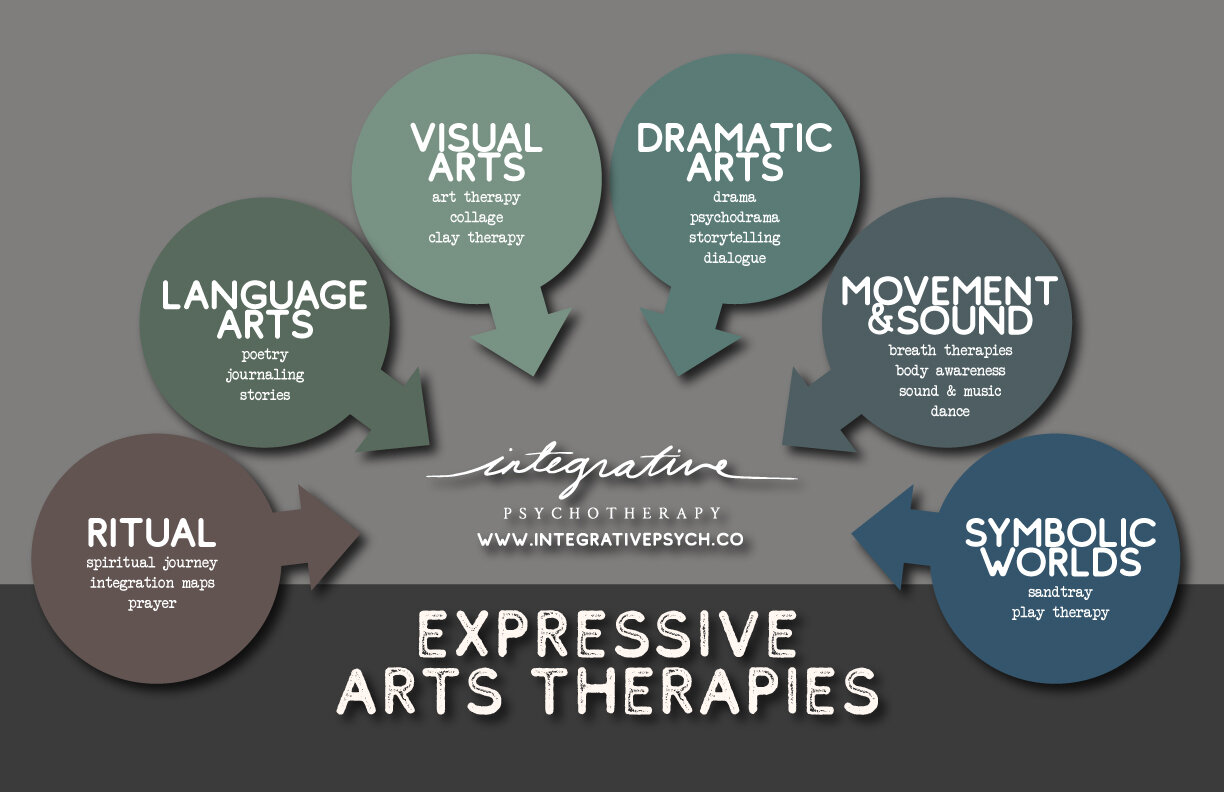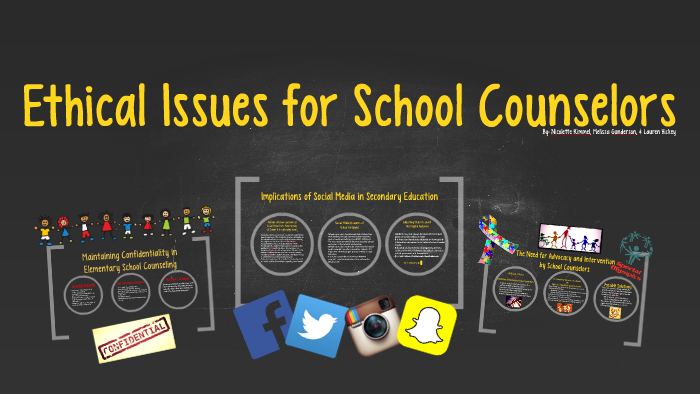The world of counseling is continuously evolving.
From the ancient practices of shamans and spiritual leaders to the introduction of psychoanalysis in the 20th century, counseling has always been about helping individuals navigate their internal struggles and external challenges.
Today, innovative counseling is reshaping therapy, merging traditional techniques with new-age tools, and understanding.
In this blog, we will explore some of these advancements and consider their implications.
The Digital Age and Counseling

Teletherapy: Therapy Beyond Physical Boundaries
One of the most prominent shifts in counseling has been the rise of teletherapy.
Thanks to technological advancements, therapists can now reach clients in remote locations, ensuring that everyone has access to quality mental health services.
For many, the convenience of speaking with a therapist from the comfort of their home has removed the barriers of transportation, time, and even stigma.
Virtual Reality (VR) in Exposure Therapy
VR is no longer just for gaming.
Therapists are using VR tools in exposure therapy to help clients confront and address their fears in controlled, safe environments.
For example, someone with a fear of heights can experience being on a tall building through VR before facing the real scenario.
Integrative Approaches to Counseling
:max_bytes(150000):strip_icc()/integrative-therapy-5212933-DD-Final-d80235a6a0344b919a46229af1a182ca.jpg)
Mind-Body Techniques
Traditional counseling primarily focuses on talk therapy.
However, integrative approaches understand that the mind and body are interconnected.
Techniques like yoga, meditation, and deep-breathing exercises are being incorporated into therapy sessions, allowing clients to experience healing holistically.
Nutritional Psychiatry
The concept that "food is medicine" has made its way into the counseling room. Nutritional psychiatry studies the relationship between diet and mental health.
Therapists equipped with this knowledge can guide clients to make food choices that could potentially boost mood and mental well-being.
Art and Expressive Therapies

Art Therapy
Art has always been a form of expression. Now, art therapy integrates this creative process into therapeutic practice.
Clients can use various art forms – from drawing and painting to sculpture – to communicate feelings and thoughts that might be challenging to articulate with words.
Music and Movement Therapy
Beyond visual arts, music and movement have therapeutic potential.
Music therapy uses melodies, rhythms, and lyrics to facilitate healing, while movement therapy, such as dance, taps into the body's kinetic energy to promote emotional release and understanding.
Empowering Clients with Tools and Techniques

Biofeedback and Neurofeedback
These innovative techniques provide clients with real-time data about their physiological functions.
For instance, a client can visually see their brainwave patterns or heart rate variability, making them more aware of their emotional and physiological responses.
Armed with this knowledge, they can learn to self-regulate and manage stress or anxiety more effectively.
Mobile Apps and Online Platforms
The digital revolution has brought a plethora of tools that clients can use outside therapy sessions.
Mobile apps offer resources on mindfulness, cognitive behavioral techniques, mood tracking, and more, bridging the gap between sessions and promoting continuous growth and self-awareness.
Ethical Considerations in Innovative Counseling

Ensuring Privacy and Security
As counseling integrates more technology, therapists must be vigilant about maintaining client confidentiality.
Encrypted communication channels, secure storage solutions, and regular updates on best practices are essential.
Maintaining Human Connection
Innovative tools can enhance therapy, but they shouldn't replace the human connection integral to the therapeutic relationship.
Therapists must strike a balance between leveraging technology and ensuring that the authentic bond with clients remains central.
Conclusion

Innovative counseling brings exciting possibilities to the field of therapy, merging the strengths of age-old techniques with modern advancements.
As we journey into this new era, it's crucial for therapists and clients alike to stay informed, open-minded, and always prioritize the therapeutic relationship's heart: genuine human connection.




:max_bytes(150000):strip_icc()/integrative-therapy-5212933-DD-Final-d80235a6a0344b919a46229af1a182ca.jpg)



